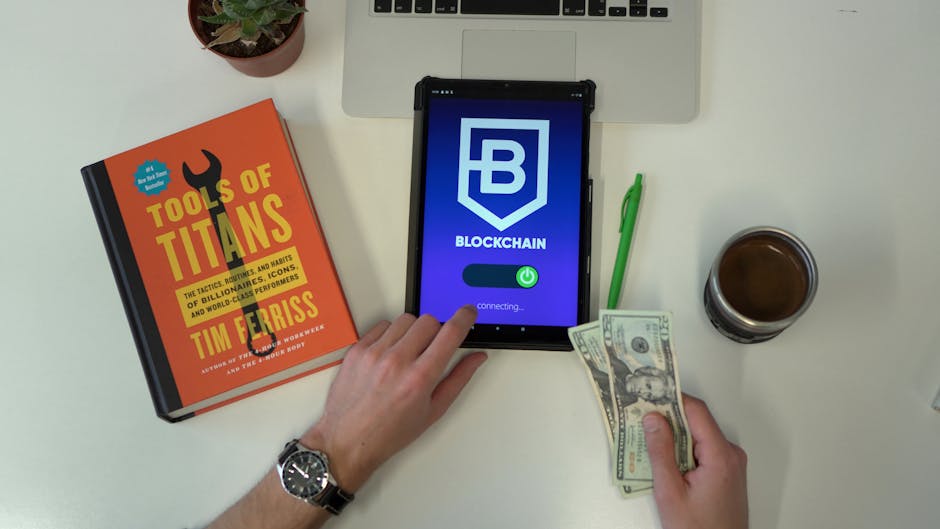No products in the cart.
The Future of Online Education: Can It Replace Traditional Classrooms?
Online education is transforming learning environments. This analysis explores its potential to replace traditional classrooms, including employer views and student satisfaction.
San Francisco, USA — The Rise of Online Education
The landscape of education is undergoing a seismic shift. Online learning platforms have surged in popularity, prompting a critical question: Can online education fully replace traditional classrooms? With the rise of digital platforms like Coursera and edX, the traditional educational model faces unprecedented challenges and opportunities.
In recent years, especially following the COVID-19 pandemic, educational institutions have rapidly adapted to hybrid models. According to a report from the National Center for Education Statistics, nearly 75% of higher education institutions now offer some form of online learning, reflecting a significant change in educational delivery methods [1].

Context and Background: The Shift Towards Digital Learning
Online education offers flexibility that traditional classrooms cannot match. Students can learn at their own pace, accessing materials anytime and anywhere. This flexibility is particularly appealing to younger generations, who value adaptability in their learning environments. A survey by the Learning House found that 85% of students prefer online courses due to convenience [2].
However, the effectiveness of online education is still a subject of debate. Critics argue that virtual learning lacks the interpersonal interactions that foster collaboration and engagement. In-person classrooms provide immediate feedback and a structured environment conducive to learning. A study published in the Journal of Educational Psychology found that students in traditional settings performed better on collaborative tasks compared to their online counterparts [3].
Context and Background: The Shift Towards Digital Learning Online education offers flexibility that traditional classrooms cannot match.
Employer Perspectives: The Value of Online Qualifications
Employers are also navigating this evolving educational landscape. A report from the Society for Human Resource Management (SHRM) indicated that 60% of employers value online degrees as much as traditional degrees, but the perception varies by industry [4]. Fields like technology and digital marketing are more receptive to candidates with online qualifications, while industries such as healthcare remain cautious.
There is also a growing emphasis on skills over degrees. Companies like Google and IBM have launched initiatives to hire candidates based on skills demonstrated through online certifications, rather than traditional educational backgrounds. This shift highlights a broader trend where practical skills and experience take precedence over formal education, particularly in fast-evolving sectors.
The Hybrid Future: Blending Online and In-Person Learning
The future of education may not lie in a complete replacement of traditional classrooms but rather in a hybrid model that combines the best of both worlds. Institutions are increasingly designing curricula that integrate online modules with in-person experiences. For instance, Harvard University’s extension school offers a blend of online courses and on-campus workshops, allowing students to benefit from both formats.
This hybrid approach not only addresses the limitations of online learning but also enhances accessibility. Students from diverse backgrounds can participate in high-quality education without geographical constraints. Moreover, such models can lead to cost savings for institutions, as they can accommodate more students without the need for physical space.
Student Satisfaction: What the Data Shows
Student satisfaction in online education is another crucial aspect to consider. A survey by the Online Learning Consortium revealed that 92% of students felt satisfied with their online courses [5]. However, satisfaction levels can vary significantly based on course design and instructor engagement. Effective online courses often incorporate interactive elements, such as discussion boards and real-time feedback, to foster a sense of community among learners.
Furthermore, it’s essential to recognize the challenges that some students face in online learning environments. Issues such as lack of motivation, distractions at home, and limited access to technology can hinder the learning experience. As educators and institutions strive to improve online education, addressing these challenges will be critical to ensuring success.
The Hybrid Future: Blending Online and In-Person Learning The future of education may not lie in a complete replacement of traditional classrooms but rather in a hybrid model that combines the best of both worlds.
Looking Ahead: The Future of Education
The trajectory of education suggests a dynamic future where online learning plays an increasingly prominent role. As technology continues to evolve, so too will the methods of delivering education. Virtual reality, artificial intelligence, and personalized learning experiences are on the horizon, promising to further transform how students engage with content.
In this evolving landscape, the focus will likely shift from whether online education can replace traditional classrooms to how best to integrate these models for optimal learning outcomes. Educational institutions must remain agile, adapting to the needs of students and the demands of the workforce. By embracing innovation and prioritizing skills development, the education sector can prepare students for the challenges and opportunities of the future.











